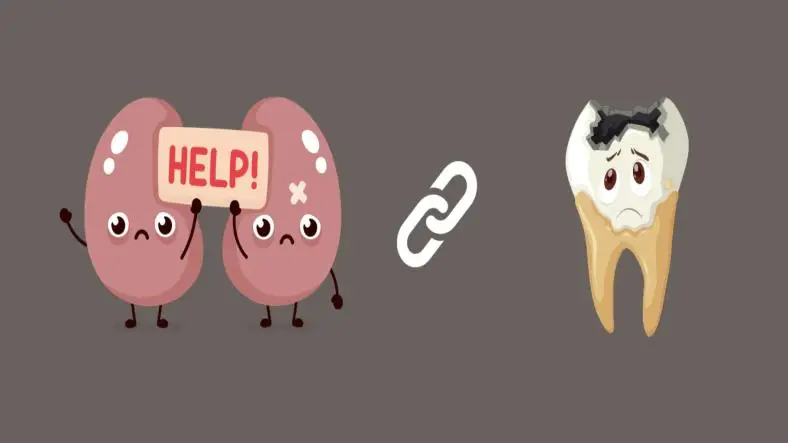Early dental care is crucial for establishing a foundation for a child’s lifelong oral health. Scheduling the first dental visit by age one allows for the early detection of issues such as cavities or alignment problems, which can be more effectively addressed before they become serious concerns. This proactive approach helps ensure that any potential problems are managed early on, setting the stage for a healthier mouth.
In addition to addressing immediate issues, early dental care plays a significant role in preventing future dental problems. Regular check-ups help in implementing preventive measures and educating parents and children about proper oral hygiene practices, such as brushing and flossing. This not only reduces the risk of cavities and gum disease but also promotes overall dental health.
Early visits to the dentist also support the proper growth and development of teeth and jaws. Monitoring this development helps in identifying and managing potential orthodontic needs, ensuring that the child’s dental structure evolves correctly. Furthermore, positive early experiences with dental care can reduce dental anxiety, making future visits more comfortable and fostering a positive attitude towards maintaining oral health.
- Early Detection: Identifies and addresses potential issues before they escalate.
- Prevention: Helps prevent future dental problems through early intervention.
- Healthy Habits: Encourages good oral hygiene practices from a young age.
- Growth Monitoring: Supports proper development of teeth and jaws.
- Education: Provides guidance on maintaining oral health and preventing issues.
- Reduced Anxiety: Builds a positive association with dental visits, reducing future dental fear.















